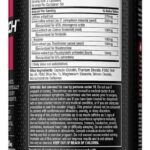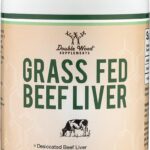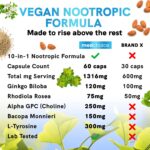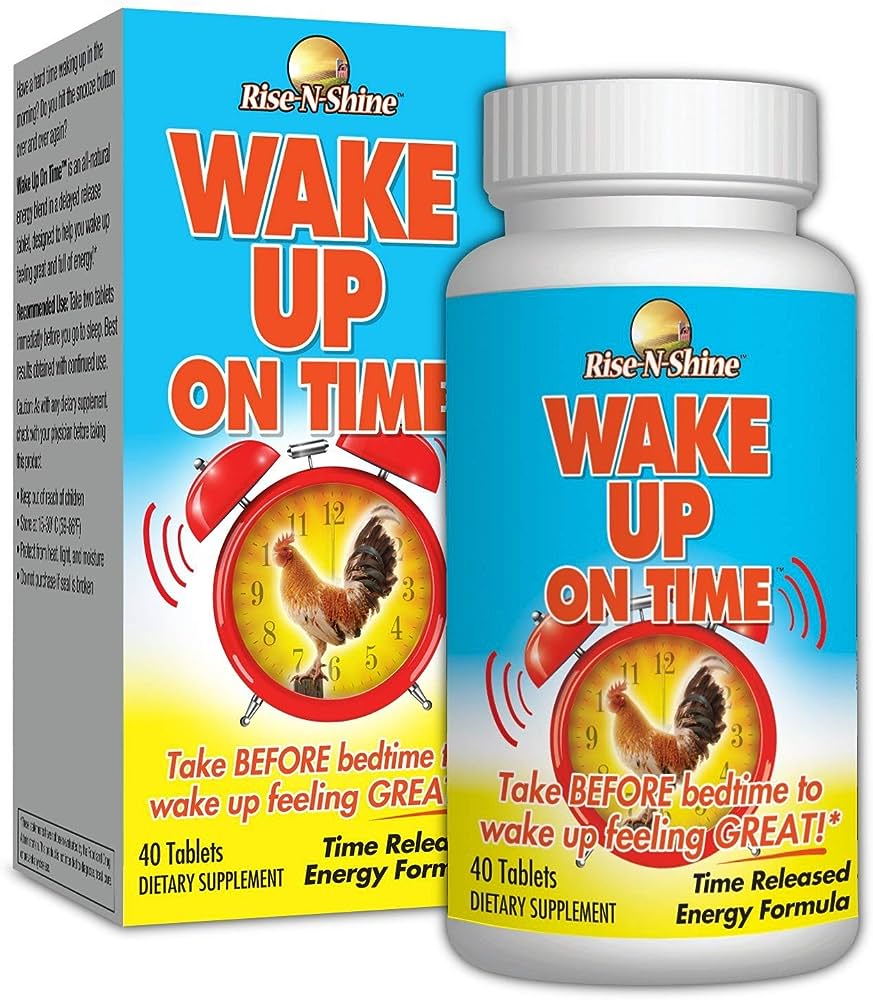Have you ever wondered if health supplements can replace meals? It’s a question that many people have, especially those who are looking for convenient and quick ways to get their daily nutrients. In this article, we’ll dive into the topic of whether or not health supplements can effectively replace meals. We’ll discuss the pros and cons, the different types of supplements available, and provide you with all the information you need to make an informed decision. So, if you’re curious about whether health supplements can truly replace meals, keep reading to learn more!
Nowadays, with our busy schedules and on-the-go lifestyle, it’s no wonder that many of us are turning to health supplements as a way to save time and still get the necessary nutrients our bodies need. While some supplements can provide a concentrated dose of vitamins and minerals, it’s important to remember that they are not designed to replace whole meals entirely. Supplements should be seen as exactly what they are – supplements to a balanced diet. They can be a valuable addition to your daily nutrition, but they should not be relied upon as the sole source of nourishment.
There are different types of health supplements available on the market, including protein shakes, meal replacement bars, and vitamin and mineral capsules. Each of these supplements serves a specific purpose, but they should not be mistaken for a well-rounded meal. For example, protein shakes can be a convenient way to boost your protein intake after a workout, but they lack the fiber and other nutrients that you would get from a whole food meal. It’s important to keep in mind that while health supplements can be beneficial, they should never replace the variety and balance of a proper meal.
In conclusion, health supplements can play a role in supporting your overall nutrition, but they should not replace meals entirely. They can be a convenient and efficient way to supplement your diet, particularly when you’re on the go or unable to prepare whole meals. However, it’s crucial to remember that they cannot provide the same comprehensive nutrition that whole foods can offer. So, while health supplements can be a helpful addition to your diet, it’s important to prioritize whole, nutritious meals for optimal health and well-being.
What Are Health Supplements?
Health supplements are products that are consumed to provide additional nutrients to the body. They are designed to supplement the diet and can come in various forms, including pills, capsules, powders, and liquids. These supplements are intended to provide nutrients that may be lacking in a person’s regular diet. They are not meant to be a replacement for meals, but rather to enhance nutritional intake.
Types of Health Supplements
There are various types of health supplements available in the market. Some of the most common types include:
- Multivitamins: These supplements contain a combination of essential vitamins and minerals that are needed for overall health and wellbeing.
- Herbal supplements: These supplements are made from plants or plant extracts and are believed to have medicinal properties.
- Protein supplements: These supplements are often used by individuals who want to increase their protein intake for muscle building or recovery after exercise.
- Omega-3 fatty acids: These supplements provide essential fatty acids that are important for heart health and brain function.
- Probiotics: These supplements contain beneficial bacteria that promote gut health and digestion.
Purpose of Health Supplements
The purpose of health supplements is to fill in nutritional gaps in the diet. They are not meant to replace the nutrients that you get from food but rather to complement them. Health supplements can be particularly beneficial for individuals who have certain nutritional deficiencies or medical conditions that require additional nutrients. They can also be used to support specific dietary needs, such as those of vegans or vegetarians who may need to supplement certain vitamins and minerals that are mainly found in animal products.
Nutritional Content of Meals
Importance of Balanced Meals
Balanced meals are essential for maintaining good health. They provide the body with the necessary nutrients, including carbohydrates, proteins, fats, vitamins, and minerals, to function properly. A balanced meal consists of a variety of different food groups, such as fruits and vegetables, whole grains, lean proteins, and healthy fats. These foods provide different nutrients that work together to support overall health and wellbeing.
Macronutrients in Meals
Macronutrients are the main nutrients that the body needs in large quantities. They include carbohydrates, proteins, and fats. Carbohydrates are the body’s primary source of energy, while proteins are necessary for tissue repair and growth. Fats are essential for proper brain function, hormone production, and vitamin absorption. A balanced meal should include a combination of these macronutrients to provide a well-rounded nutritional profile.
Comparison with Health Supplements
Differences between Meals and Supplements
While health supplements can be beneficial in meeting nutritional needs, they cannot replace the nutritional value obtained from whole foods. Meals are composed of a wide variety of nutrients that work synergistically to support overall health. Whole foods provide additional benefits such as fiber, antioxidants, and other bioactive compounds that are not usually present in supplements. Additionally, whole foods are typically more satiating and provide a sense of satisfaction that cannot be obtained from supplements alone.
Advantages and Disadvantages of Supplements
Health supplements do have some advantages. They are convenient and can be easily incorporated into a daily routine. They are also more concentrated sources of nutrients, which can be beneficial for individuals with specific nutrient needs or deficiencies. However, there are also disadvantages to relying solely on supplements. They lack the complex interactions of nutrients found in whole foods, which could result in nutrient imbalances. Moreover, supplements are not regulated as strictly as pharmaceutical drugs, which means that there is a risk of contamination or inaccurate labeling.
Effectiveness of Health Supplements
Studies on Supplement Efficacy
Numerous studies have examined the efficacy of health supplements. While some have shown positive effects, many studies have also found limited or no significant benefits. For example, studies on multivitamin supplements have yielded mixed results, with some suggesting a decreased risk of certain health conditions and others showing no significant impact. It is important to note that individual responses to supplements can vary, and factors such as diet, lifestyle, and genetics may influence the effectiveness of these supplements.
Factors Influencing Supplement Efficacy
Several factors can influence the efficacy of health supplements. These factors include the quality and purity of the supplement, the dosage and duration of use, the individual’s overall diet and lifestyle, and any underlying health conditions. It is important to consult with a healthcare professional before starting any supplement regimen to ensure that it is safe and appropriate for your specific needs.
Meal Replacement Supplements
Definition of Meal Replacement
Meal replacement supplements are products that are designed to replace one or more regular meals. They are usually in the form of shakes or bars and contain a balance of macronutrients, vitamins, and minerals. Meal replacement supplements are often marketed as a convenient and easy way to lose weight or maintain a healthy diet.
Popular Meal Replacement Products
There are various popular meal replacement products available in the market. Some of the well-known brands include SlimFast, Herbalife, and Soylent. These products often claim to provide all the necessary nutrients to replace a full meal while keeping calorie intake in check. However, it is important to remember that meal replacement supplements should not be used as a long-term solution and should always be accompanied by healthy eating habits.
Health Risks
Potential Dangers of Relying Solely on Supplements
Relying solely on health supplements and skipping regular meals can pose certain health risks. While supplements can provide essential nutrients, they cannot replicate the full range of benefits obtained from a well-balanced diet. Whole foods contain a wide array of nutrients, fiber, and other bioactive compounds that are important for overall health and wellbeing. Relying solely on supplements can lead to nutrient imbalances, potential deficiencies, and a higher risk of chronic diseases.
Effects on Metabolism and Digestion
Regular meals are important for maintaining a healthy metabolism and digestion. The act of chewing and digesting food stimulates the release of enzymes and hormones that aid in the digestion process. Meal replacement supplements, on the other hand, often lack the fiber and bulk that whole foods provide, which can lead to digestive issues such as constipation. Additionally, regular meals help regulate metabolism and keep it active throughout the day, while relying solely on supplements can lead to a slower metabolic rate and potentially hinder weight management goals.
Balancing Supplements and Meals
Proper Incorporation of Supplements into Diet
Health supplements can be incorporated into your diet to complement regular meals. They should not be seen as a replacement but rather as an addition to a healthy, balanced diet. It is recommended to consult with a healthcare professional or a registered dietitian before starting any supplement regimen to ensure that the supplements are suitable for your specific needs and goals. They can help you determine which supplements are necessary and guide you on proper dosage and timing.
Combining Supplements with Healthy Meals
To ensure optimal nutrition, it is important to combine supplements with healthy meals. Whole foods should always be the main source of nutrients, and supplements can be used to fill in any nutritional gaps. A balanced meal should include a variety of fruits, vegetables, whole grains, lean proteins, and healthy fats, along with any necessary supplements. By combining both, you can ensure that your body receives a comprehensive range of nutrients for optimal health.
Supplementary Role of Health Supplements
Enhancing Nutrient Intake
Health supplements can play a supplementary role in enhancing nutrient intake, especially for individuals with specific dietary needs or restrictions. For example, individuals with vegetarian or vegan diets may require supplements for nutrients like vitamin B12, which is mainly found in animal products. Additionally, certain populations, such as pregnant women or older adults, may benefit from supplements to ensure adequate nutrient intake during specific life stages.
Supporting Specific Dietary Needs
Health supplements can also support specific dietary needs, such as those for athletes or individuals with certain medical conditions. For example, athletes may benefit from protein supplements to support muscle recovery and growth. Individuals with specific medical conditions, such as osteoporosis or iron deficiency anemia, may require calcium or iron supplements, respectively, to meet their nutritional needs. However, it is important to consult with a healthcare professional to determine the appropriate supplements and dosages for your specific situation.
Expert Opinions
Statements from Nutritionists
Many nutritionists emphasize the importance of whole foods as the primary source of nutrients. They recommend obtaining essential nutrients from a well-balanced diet consisting of fruits, vegetables, lean proteins, whole grains, and healthy fats. While health supplements can be beneficial in certain circumstances, they should never replace the nutritional value obtained from whole foods.
Views from Medical Professionals
Medical professionals also support the idea that health supplements should not replace meals. They believe that a varied and balanced diet is the foundation for good health. Health supplements should only be used to complement a healthy diet and not as a substitute. They emphasize the importance of consulting with a healthcare professional before starting any supplement regimen to ensure that it is safe and appropriate for individual needs.
Conclusion
In conclusion, while health supplements can provide additional nutrients to support overall health and wellbeing, they cannot replace the nutritional value obtained from whole foods. Balanced meals consisting of a variety of fruits, vegetables, whole grains, lean proteins, and healthy fats are essential for optimal health. Health supplements can play a supportive role by filling in nutritional gaps or supporting specific dietary needs. However, it is important to incorporate them into a well-balanced diet and consult with a healthcare professional to ensure their safety and appropriateness for individual needs. Remember, health supplements are meant to enhance, not replace, meals.











